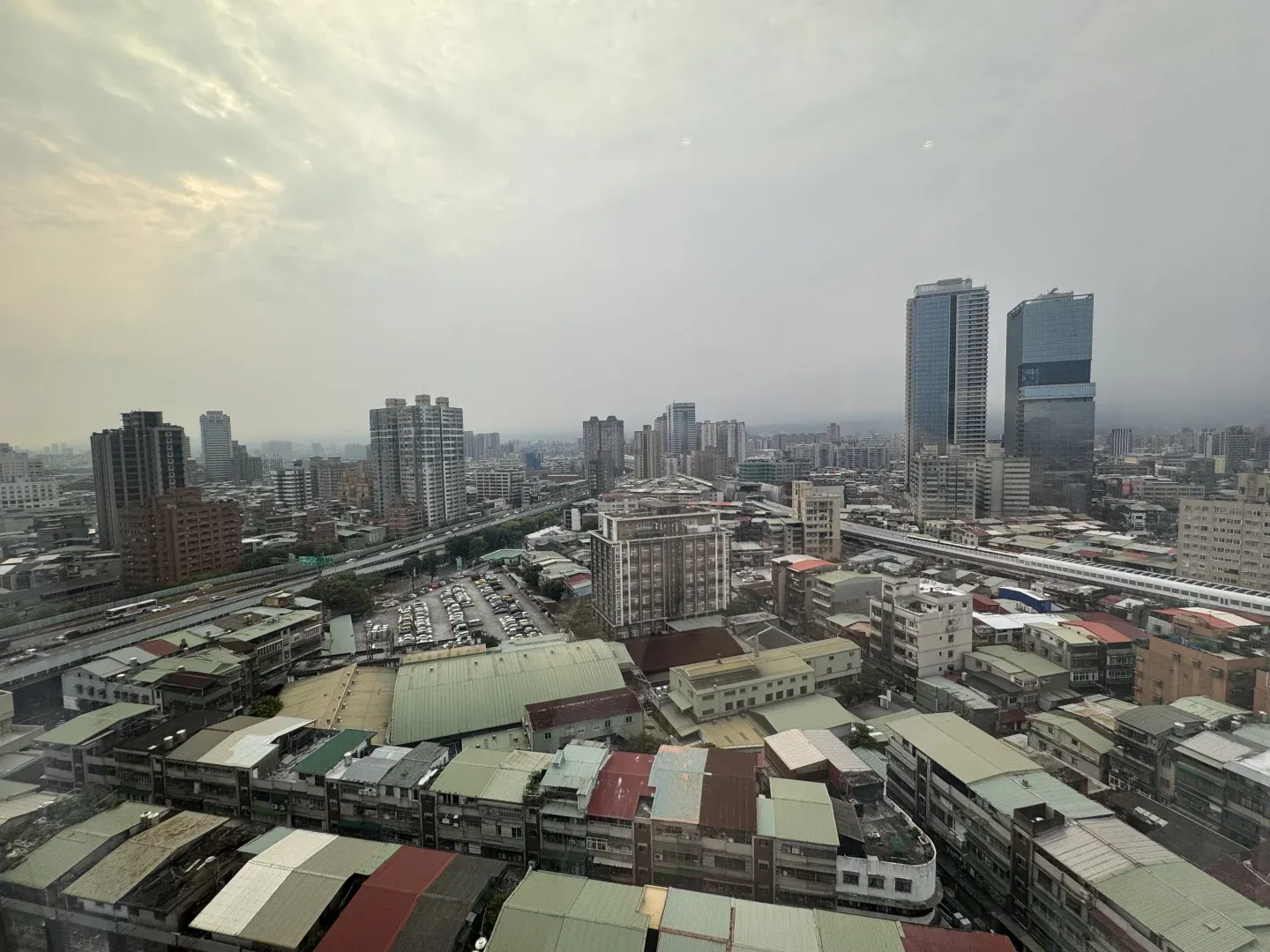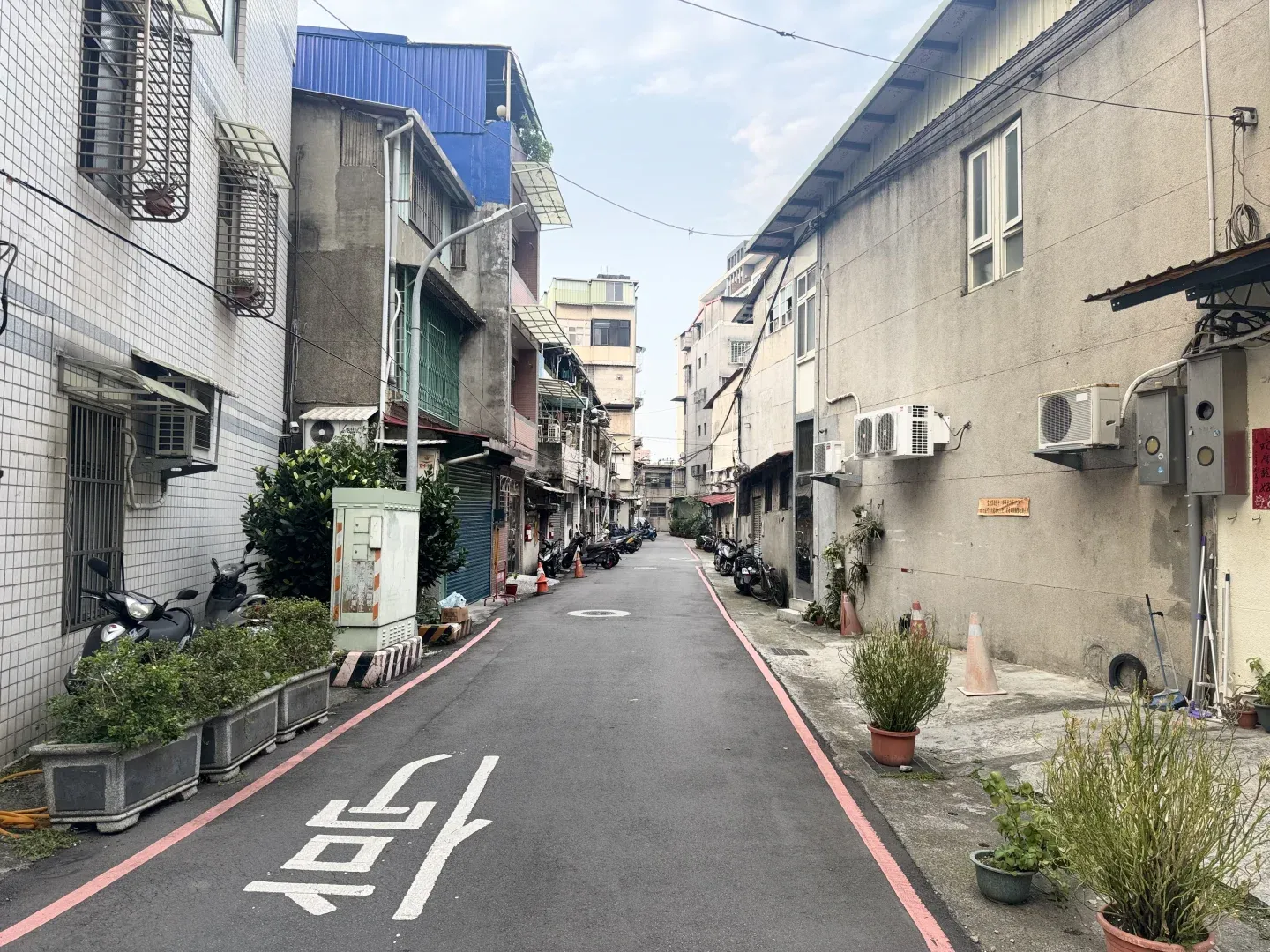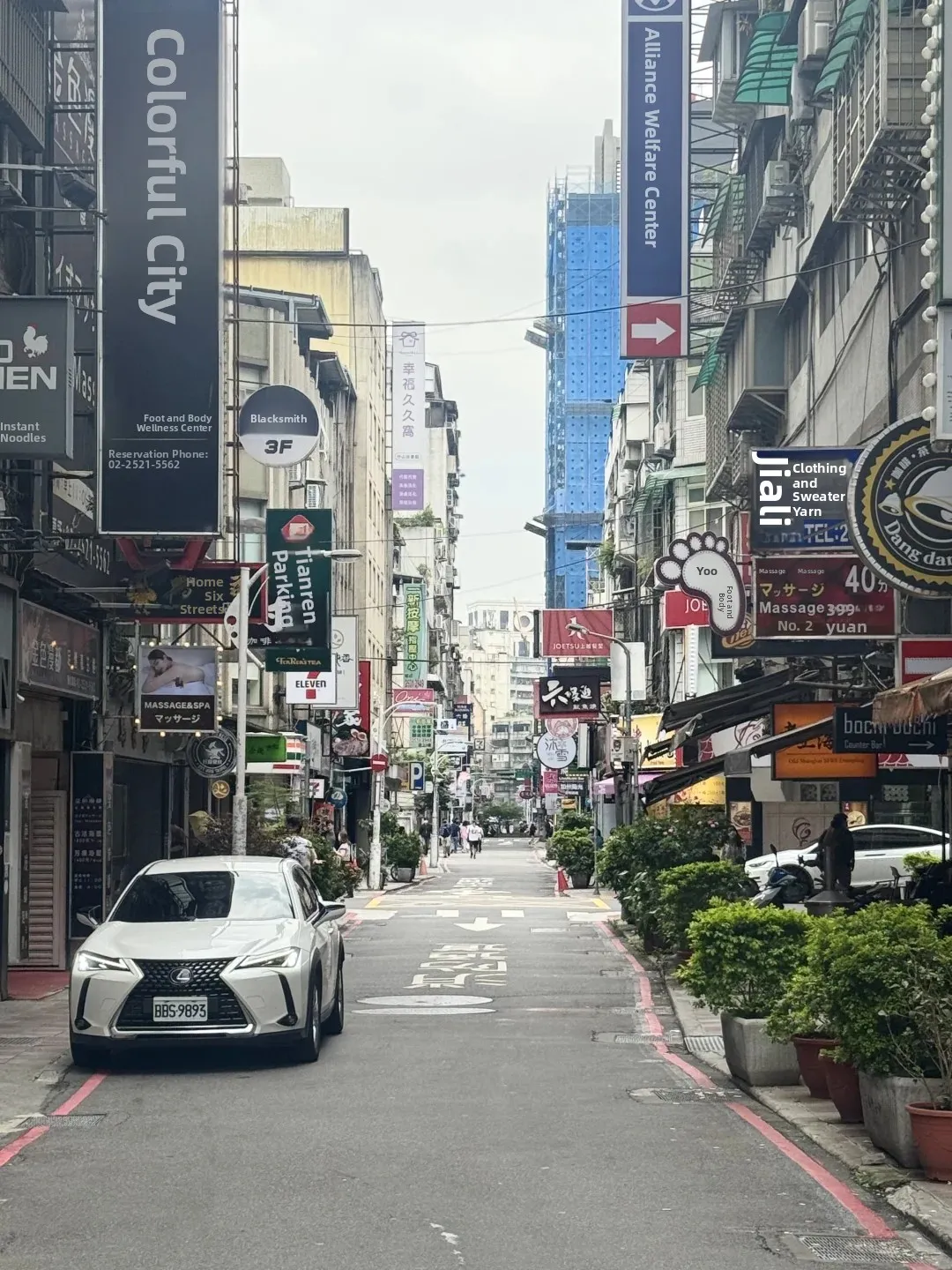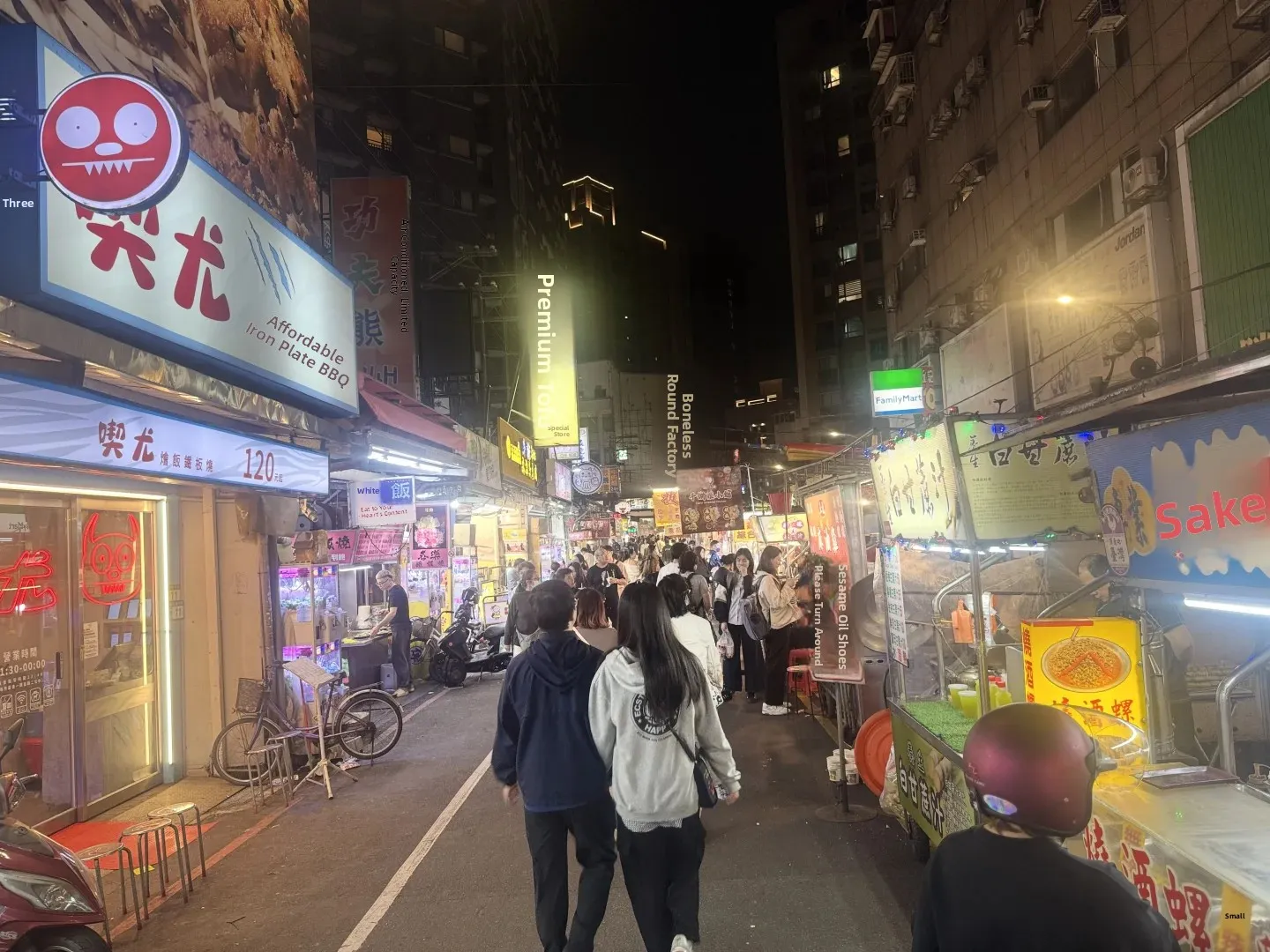Taiwan: Old, Slow, and... Oh So Comfy!
General Discussion
6
Posts
6
Posters
0
Views
-




Sure, let's make your experiences during this Taiwan trip more vivid and easier for foreign friends to understand!
Firstly, let’s talk about the local delicacies, because I am a big foodie!
- Taiwan's local foods are well-known, countless choices at hand, with their taste being accurately and precisely captured.
- The overall taste may be milder compared to other regions, but even as someone who prefers richer flavors like me, I still find them irresistible!
- Countless night markets in Taiwan can be seen; this time, I paid a visit to NanYa Night Market in Banqiao. With the thriving air characteristic of the night markets, it feels like experiencing the true essence of “Food is the primary need of people” (A Chinese saying meaning that food plays a crucial role for the general public). I love these street snacks since they represent the authentic daily lives of ordinary folk.
Now, let's proceed with city development.
- It must be said that the infrastructure of Taiwan (i.e., roads, railways, buildings) appears comparably older than that in mainland China.
- Other than Taipei’s renowned 101 Tower, few places showcase skyscrapers in abundance, like Shenzhen. Many residential areas have a low-rise appearance, with some buildings dating back for decades. However, the streets remain spotless. My inspection of several residential districts made me feel like it resembled Japanese-style urban areas.
- Their high-speed railway runs on just one route across the island, moving slower than those in China, and the stations possess a classic style. An Uber driver complained to me that he was dissatisfied with the ruling authorities' performance and argued that they’ve failed to properly develop Taiwan. He opined that many infrastructures remain relics from Japan’s colonial period—roughly between 1895 and 1945.
Regarding social atmosphere...
- I believe that Taiwan has excelled in upholding traditional Chinese culture.
- The writing used there is still in Traditional Chinese characters, which have more strokes in comparison to Simplified Chinese used in mainland China (this is a form of simplification prevalent nowadays).
- The vocabulary used is quite different from what we speak. For example, while we use 'platform' (站台), they say 'moon platform' (月台); and instead of 'metro/subway' (地铁), they use 'transit' (捷运). Likewise, 'business travel' (出差) becomes 'official business' (公干). It’s rather interesting indeed.
- Mostly, Taiwanese people are extremely courteous and welcoming. Hotel staff give you bows and Uber drivers address you politely with ‘you’ (您), a respectful alternative for ‘you'.
 ️Remember, and here's a key point: when taking metro (called 'transit' in Taiwan), be sure to stand in line; on escalators, always follow the rule "stand right, walk left", and maintain order! Observe and simply follow accordingly when visiting!
️Remember, and here's a key point: when taking metro (called 'transit' in Taiwan), be sure to stand in line; on escalators, always follow the rule "stand right, walk left", and maintain order! Observe and simply follow accordingly when visiting!
Lastly, random thoughts:
- Taiwan is truly small, with only around 23 million residents, less populous than Shanghai alone. The majority of the land is filled with mountains, with fewer options available for habitation.
 ️Tip of the day: Taiwan lies within a seismic belt, thus, minor earthquakes do occasionally strike. Nevertheless, there’s no real cause for alarm.
️Tip of the day: Taiwan lies within a seismic belt, thus, minor earthquakes do occasionally strike. Nevertheless, there’s no real cause for alarm.- That particular Uber driver also mentioned that Taiwan's birth rate holds a second-to-last global ranking. I found such news surprising and perplexed. He argued that the economic situation isn’t rosy today due to Trump's global trade conflict, impacting Taiwan. As a result, many young adults have lost interest in marriage, much less starting families.
- He further added that most Taiwanese youth haven’t traveled outside; they dream to accumulate wealth for a tour across mainland (China), due to the vastness of its area and the endless exploration potential.
-
Given Taiwan's frequent earthquakes, it's really not suitable for constructing tall buildings.
-
It feels like a small, perhaps fifth or sixth-tier, city in mainland China.
-
Every place has its own unique culture, and every place has its own unique beauty.
-
It's very clean and aesthetically pleasing.
-
Ximending is incredibly dirty, and homeless people tend to gather there in groups.
